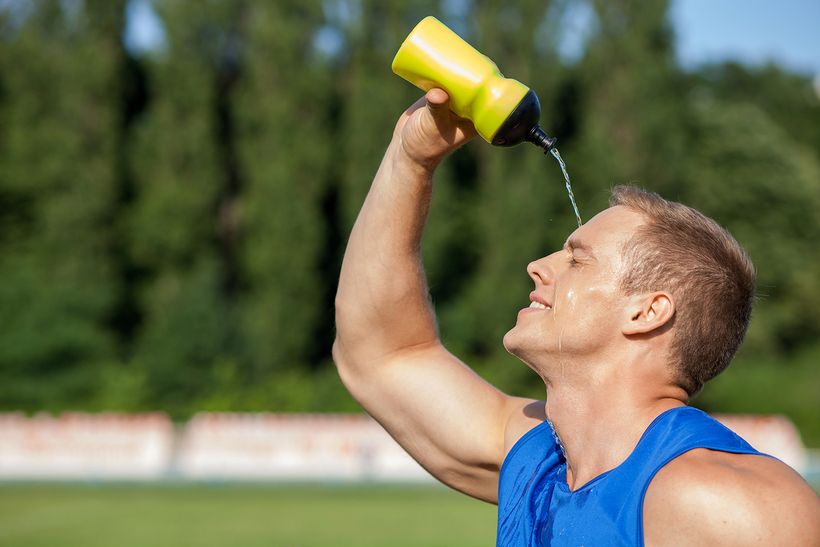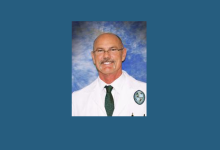Expert: Extreme heat conditions must be countered with diligent preparation for athlete safety
W. Kennon McWilliams Professor of Sports Medicine; Chief, Section of Physical Medicine & Rehabilitation; Associate Professor of Clinical Orthopaedic Surgery
Dr. Stewart specializes in sports medicine, physical medicine, rehab and age-related research of former NFL players and military veterans.

Football preseason camps are underway, and 2023 already has a different feel, especially in New Orleans and other hotspots, facing record-setting triple-digit temperatures.
Tulane University health expert Dr. Greg Stewart, the W. Kennon McWilliams Professor of Sports Medicine in Orthopedics, says numerous safety factors must be considered and in place for football players and other athletes to endure the hottest summer on record.
“This current heatwave is unprecedented. No one has ever experienced this extreme heat day in and day out as we have in 2023,” Stewart said. “When you consider football camp, there’s the heat index, which will be much higher than the temperature. Another consideration is the type of surface teams are practicing on. Artificial surfaces hold a lot of heat, making it much hotter than even the heat index.”
Dr. Stewart offers the following tips: -Hydrate with plenty of fluids, eat nutritious meals and rest properly.
-Conditioning and acclimating to the heat are both crucial.
-Weigh in and out of practice every day.
-Ensure there is access to ice tubs, ice baths or ice blankets.
-While all professional and college football programs have athletic trainers, most, but not all high schools do not. If a high school does not, I think it’s essential for parents to ask the school what plan is in place. Who is managing the players in the heat, and any potential issues?
“Training and coaching staffs must be incredibly thoughtful about the heat. There must be rest and water breaks during practice, opportunities to take the helmets and shoulder pads off. Another option would be to alter practice schedules by going inside midway through practice to allow the players to cool down, rehydrate and rest for 45 minutes. You can still schedule a three-hour practice, but you are only on the field for a little over two hours by going inside. If someone starts having heat issues and says they're starting to feel bad, there's a point at which you can no longer push them,” Stewart said.
W. Kennon McWilliams Professor of Sports Medicine; Chief, Section of Physical Medicine & Rehabilitation; Associate Professor of Clinical Orthopaedic Surgery
Dr. Stewart specializes in sports medicine, physical medicine, rehab and age-related research of former NFL players and military veterans.


